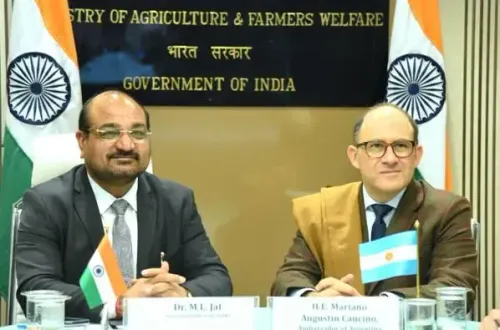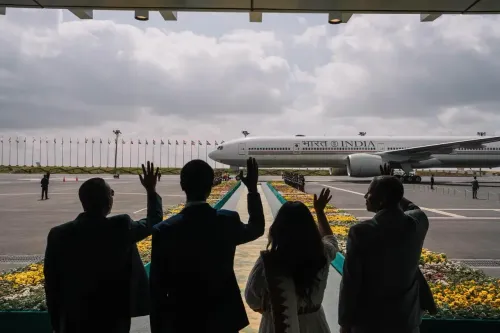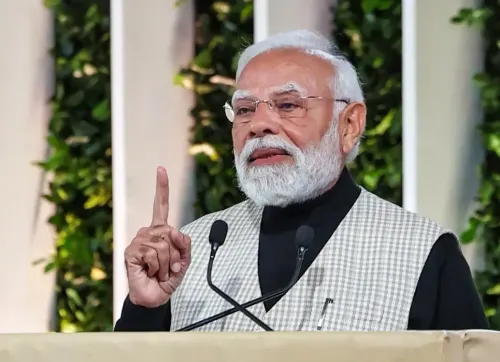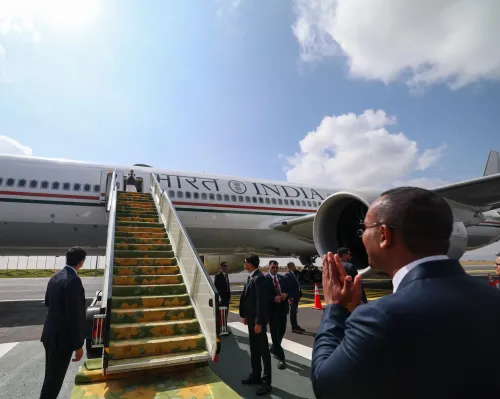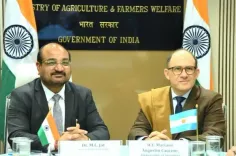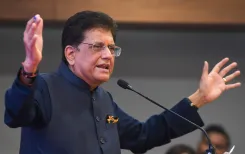What Highlights the Persecution of Religious Minorities in Pakistan and Bangladesh?
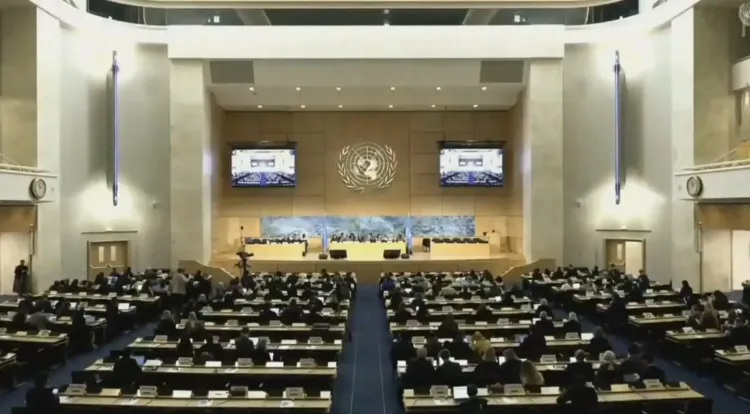
Synopsis
Key Takeaways
- Urgent attention needed for minority rights in South Asia.
- Systemic discrimination and violence highlighted by participants.
- Call for international accountability and protective frameworks.
- Importance of securing cultural freedoms for minorities.
- Need for closer ties between grassroots communities and global decision-making.
Geneva, Sep 10 (NationPress) At the 60th Session of the Human Rights Council in Geneva, an event named 'Voices from the Margins: Protecting Minority Rights in South Asia' focused on the alarming situation in South Asia, especially regarding religious persecution in Pakistan and the targeting of Hindus and indigenous groups in Bangladesh. Additionally, it addressed the restrictions on cultural and religious freedoms in Tibet, along with the ongoing marginalization of Tamils in Sri Lanka.
The Global Human Rights Defence (GHRD), in collaboration with various partners, organized this event, which saw participation from over 50 representatives of civil society, diplomatic missions, and permanent representations from countries such as Greece, Denmark, China, India, and Bangladesh. The gathering aimed to unite human rights defenders and minority community representatives from across South Asia, providing a platform to discuss systemic discrimination, violence, and exclusion.
In her opening remarks, Charlotte Zehrer, a Human Rights Officer at GHRD, emphasized, “Protecting minority rights is not an act of charity. It is a question of justice, equality, and dignity — and central to building peaceful, inclusive, and resilient societies.”
During the session, Mehmmod ur Rehman Anwar, an International Consultant on Human and Development Rights and Public Relations Officer for the Ahmadiyya Muslim Community in Switzerland, discussed the atrocities faced by the Ahmadiyya community in Pakistan.
Anwar elaborated on how Ahmadis are systematically targeted under discriminatory laws that strip away their right to identify as Muslims or practice their faith freely. “For Ahmadis, even basic religious expression can lead to criminal charges,” he asserted, calling for the international community to take decisive action against Pakistan’s blasphemy laws and institutionalized persecution.
Farhan Kaghzi, the General Secretary of the World Sindhi Congress (WSC), addressed the distressing situation of the Sindhi community in Pakistan, highlighting the forced conversions of Sindhi Hindu women and girls. He described this crisis as increasingly marked by coercion, violence, and impunity.
Kaghzi urged the Human Rights Council to recognize forced conversions as a severe violation of international human rights standards and to advocate for accountability and protective frameworks for vulnerable communities in the Sindh province.
In contrast, Rahman Khalilur Mamun, Executive President of the International Forum for Secular Bangladesh, brought attention to the plight of Hindus, Christians, Buddhists, and indigenous peoples in Bangladesh, who continue to endure communal violence.
He stressed the prevailing impunity for offenders and the urgent necessity for international support to safeguard secularism, minority rights, and democratic freedoms in Bangladesh.
The event culminated in a collective call for greater visibility of minority rights issues within the UN system and the establishment of robust international accountability frameworks for states that neglect the protection of minorities. It also advocated for closer ties between grassroots communities and global decision-making bodies.


